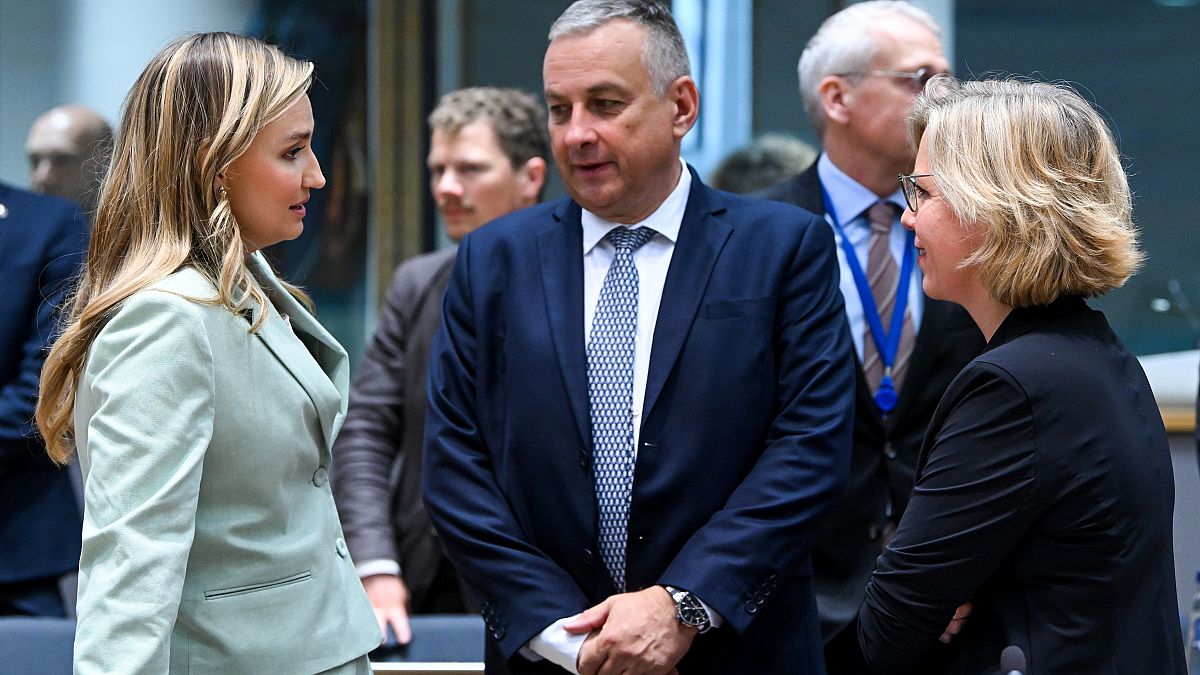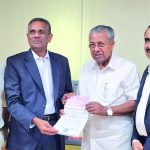The Czech trade minister and likely next EU energy commissioner, Jozef Sikela, has urged EU energy commissioner Kadri Simson and other European countries to intensify efforts to reduce dependence on Russian gas. Sikela emphasized the need to prevent Russian gas from entering Europe through alternative routes after the expiration of the gas transit agreement between Gazprom and Ukraine. He highlighted Russia’s track record of using energy supplies as a weapon and destabilizing the energy market, calling for alternative suppliers and increased efforts to reduce reliance on Russian gas.
Sikela proposed using reverse gas flows through Czechia to replace the 40-42 million cubic meters of Russian gas that currently flow through Ukraine daily. He suggested LNG imports as the most suitable alternative supplies and pointed out that Germany’s decision to lift storage fees from the beginning of next year would increase the viability of his plan. The minister warned against purchasing gas that may be swapped for Russian gas, undermining efforts to reduce dependency on Russian supplies.
While acknowledging the EU’s progress in reducing dependence on Russian gas to 8% last year from over two-fifths before the conflict in Ukraine began, Sikela stressed the need to intensify efforts further. Hungary has faced criticism for strengthening ties with Moscow and securing new gas supply deals, while Austria imported a record 98% of its gas from Russia last December and Slovakia remains heavily dependent. Sikela’s call for collective action underscores the importance of coordinated efforts to decrease reliance on Russian gas.
The expiration of the gas transit agreement between Gazprom and Ukraine at the end of the year poses a challenge for European countries dependent on Russian gas. Sikela’s proposal to use reverse gas flows through Czechia as an alternative supply route, coupled with LNG imports, offers a potential solution to reduce reliance on Russian gas. By calling for increased cooperation among EU member states and alternative suppliers, Sikela emphasizes the urgency of finding sustainable energy sources to secure Europe’s energy independence.
As the likely next EU energy commissioner, Sikela’s letter to Kadri Simson and other European counterparts highlights the importance of diversifying energy sources and reducing dependence on Russian gas. By urging countries like Austria, Hungary, and Slovakia to seek alternative suppliers and avoid purchasing gas that could be swapped for Russian gas, Sikela emphasizes the need for a comprehensive strategy to enhance Europe’s energy security. The minister’s proposal for reverse gas flows through Czechia presents a practical approach to replacing Russian gas and strengthening the EU’s energy resilience.
The current situation underscores the vulnerability of European countries reliant on Russian gas and the importance of finding alternative energy sources. Sikela’s call for intensified efforts to reduce dependence on Russian gas reflects a growing recognition of the need to bolster Europe’s energy security. By advocating for collective action and alternative supply routes, Sikela emphasizes the importance of diversifying energy sources and safeguarding against potential disruptions in the energy market. As European countries navigate the challenges of reducing reliance on Russian gas, Sikela’s proposal offers a strategic roadmap for enhancing the region’s energy independence.










